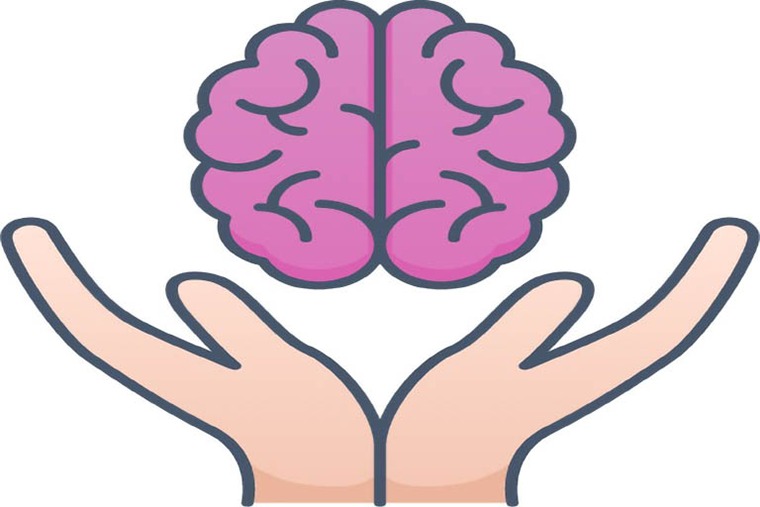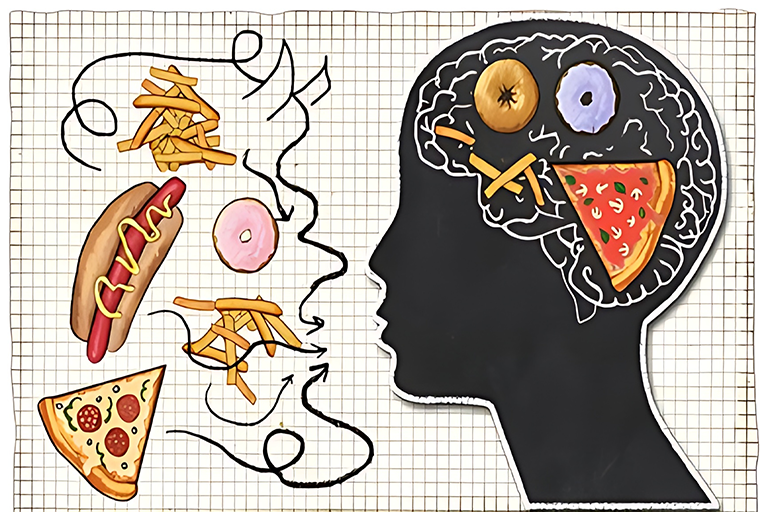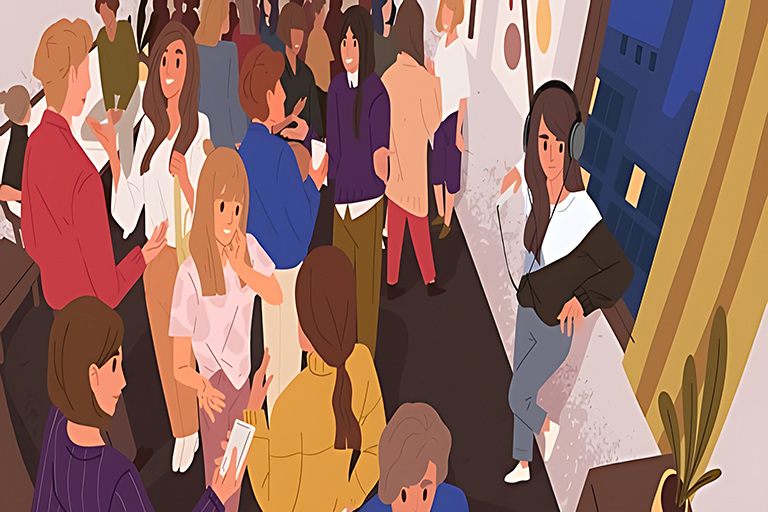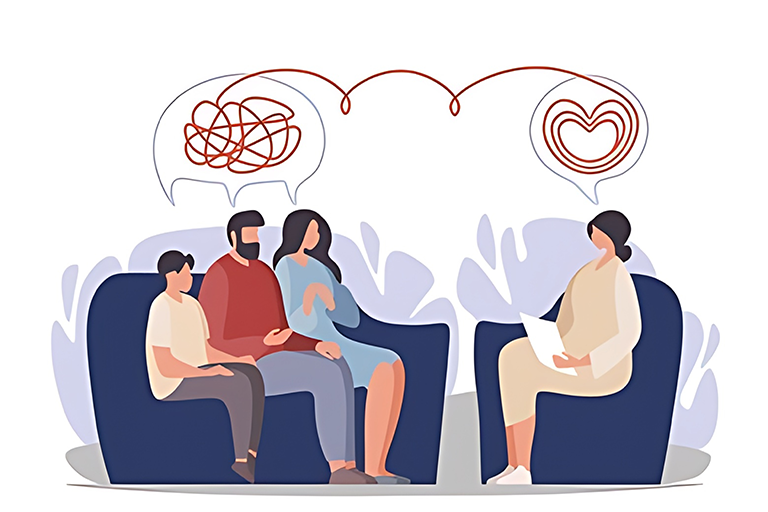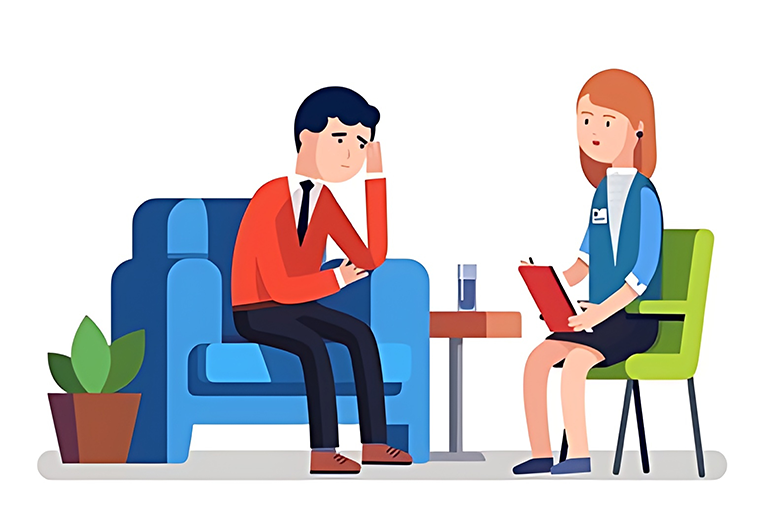Different therapies, in addition to medication, can be effective in treating ADHD (Attention Deficit Hyperactivity Disorder) in children, teenagers, and adults. Therapy is also effective in treating secondary problems associated with ADHD, such as conduct or anxiety disorders.
Here are some of the possible treatments.
Psychoeducation
Psychoeducation entails encouraging you or your child to talk about ADHD and its consequences. It can assist children, teenagers, and adults in making sense of being diagnosed with ADHD, as well as coping and living with the condition.
Behavior modification therapy
Behaviour therapy helps caregivers of children with ADHD and may include teachers as well as parents. Behaviour therapy typically entails behaviour management, which employs a reward system to encourage your child to try to control ADHD.
If your child has ADHD, you can identify behaviours that you want to encourage, such as eating at the table. Your child is then given a small reward for his or her good behaviour.
For teachers, behaviour management entails learning how to plan and structure activities, as well as how to praise and encourage children for even minor achievements.
Parent education and training programmes
If your child has ADHD, specially designed parent training and education programmes can help you learn specific ways to talk to, play with, and work with your child to improve attention and behaviour.
Before your child is formally diagnosed with ADHD, you may be offered parent training.
These programmes are typically organised in groups of 10 to 12 parents. A typical programme consists of 10 to 16 meetings lasting up to 2 hours each.
Receiving a parent training and education programme does not imply that you are a bad parent; it aims to teach parents and caregivers about behaviour management while increasing confidence in your ability to help your child and improve your relationship.
Social skill development
Social skills training involves your child acting out scenarios in order to teach how to behave in social situations by learning how actions affect others. In order to teach your child how to act in social situations and understand how their actions affect others, social skills training involves having them act out scenarios.
Cognitive behavioural therapy (CBT)
CBT is a talking therapy that can help you manage your problems by altering your thoughts and behaviours. A therapist will try to change how you or your child feels about a situation, which may change the behaviours.
CBT can be done individually or in a group setting with a therapist.
Other ADHD treatment online options
Other methods of treating ADHD that some people find beneficial include avoiding certain foods and taking supplements. However, there is no conclusive evidence that these work, and they should not be attempted without medical supervision.
Diet
People with ADHD should eat a nutritious, well-balanced diet. Do not eliminate foods before consulting a doctor.
Some people may notice a connection between food types and worsening ADHD symptoms. If this is the case, keep a diary of what you eat and drink, as well as the behaviour that results.
Consult your doctor, who may refer you to a dietician (a healthcare professional who specialises in nutrition).
Supplements
Some studies have suggested that omega-3 and omega-6 fatty acid supplements may be beneficial for people with ADHD, but the evidence is very limited.
Before taking any supplements, consult with your doctor because some can interact with medications in unpredictable ways or make them less effective.
You should also keep in mind that some supplements should not be taken for an extended period of time because they can build up to dangerous levels in your body.
Seek professional assistance: A mental health professional’s assistance may be beneficial for ADHD treatments.
Learn more: Mental Health Awareness
& Mobile Phone Addiction & Teenagers
Shruti Dua, Mental Health Blogger, YOUR Confidant

